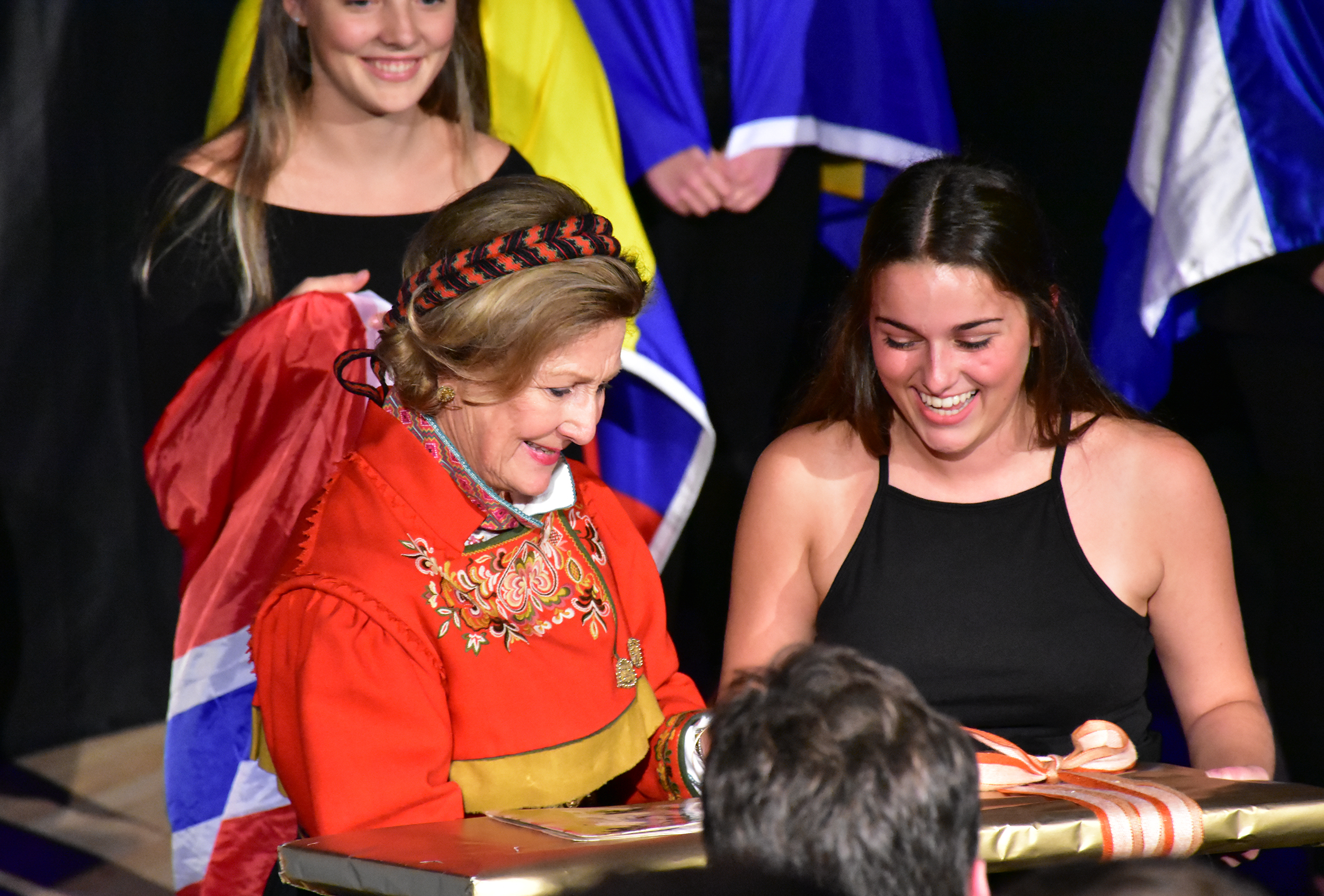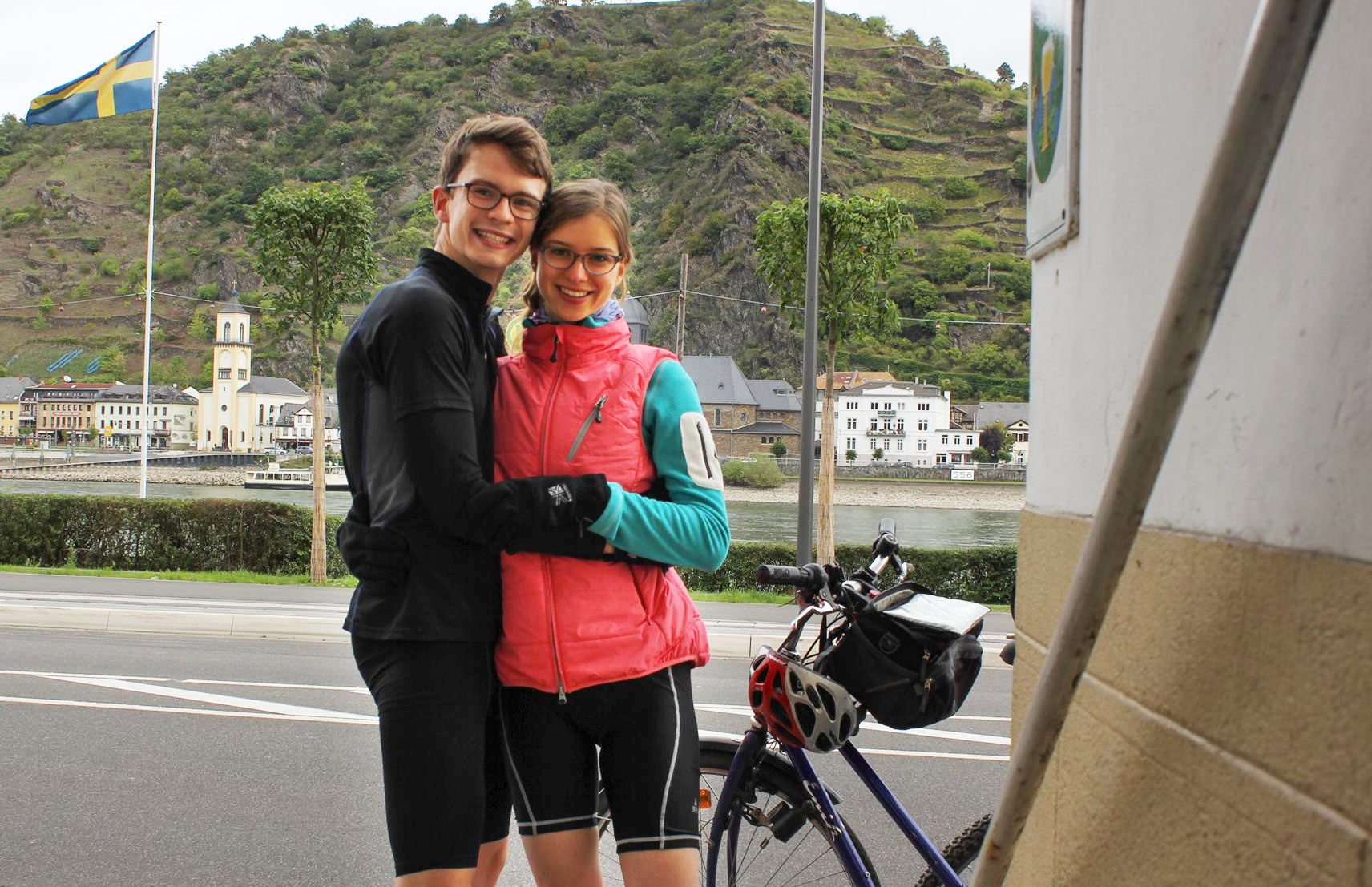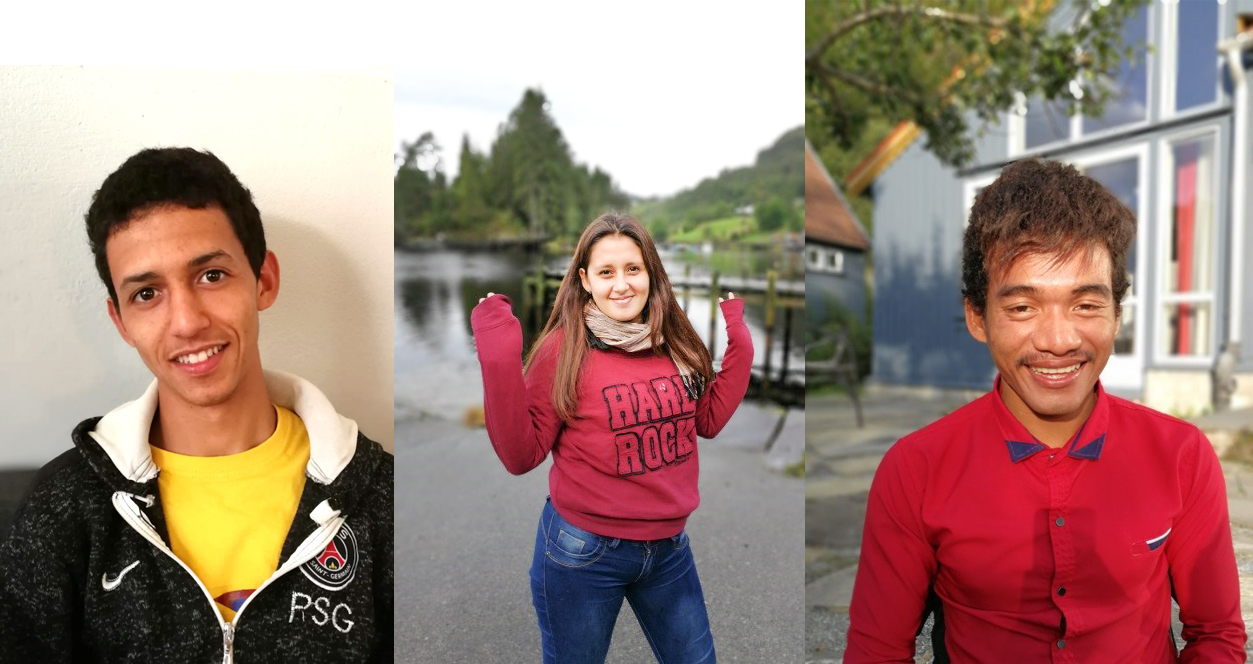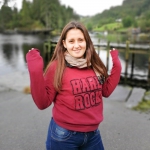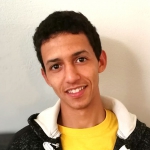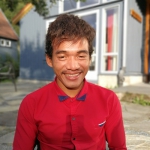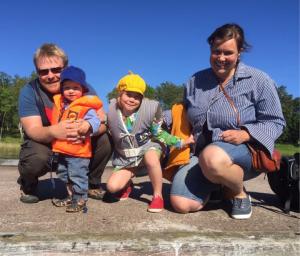HM Queen Sonja
“… A hope for the future … Because every time I come here, I get new stimulation and know that you will go back to where you come from and that you be will very, very good servants of your countries … And also just think now that you will remember these two years – and I hope indeed you will.
This year you have one word which has been quite important to me as well as I have a school prize that carries my name. And the two most important things for getting this award are actually, as you have here, inclusion and equality and, of course, education.
Education is the most important thing we can give you young people.”HM Queen Sonja – UWC Day 2017
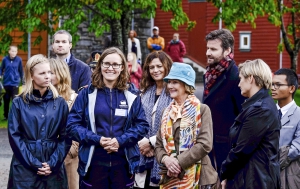 It was a great pleasure and honour to welcome Her Majesty Queen Sonja back to UWC Red Cross Nordic on the 21st and 22nd September 2017 in her capacity as our patron. She has been a supporter of the College since it started – as first a dream and then a vision of the founding team – indeed she was a supportive voice in her time as the Vice President of the Norwegian Red Cross from 1987 to 1990 about the possibility and potential of a partnership between the Norwegian Red Cross and UWC.
It was a great pleasure and honour to welcome Her Majesty Queen Sonja back to UWC Red Cross Nordic on the 21st and 22nd September 2017 in her capacity as our patron. She has been a supporter of the College since it started – as first a dream and then a vision of the founding team – indeed she was a supportive voice in her time as the Vice President of the Norwegian Red Cross from 1987 to 1990 about the possibility and potential of a partnership between the Norwegian Red Cross and UWC.
We hugely appreciate her ongoing commitment to this College and to the UWC movement as a whole. She has remained committed to our UWC mission and values and an advocate of ‘The Power of Diversity’ – the theme of UWC Day 2017 across all UWC schools and colleges.
As part of our Nordic pillar, we hope that students and staff learn about the role of a constitutional monarchy within Norwegian society, first defined at the Eidsvoll Assembly on the 17th May 1814, and the moments in Norwegian history when members of the royal family have played a prominent and vital part in maintaining the Norwegian spirit – from King Håkon’s BBC World Service broadcasts to the nation from exile in London during German occupation of Norway in World War II to the Royal House’s response to the tragic events both in Oslo and the island of Utøya on the 22nd July 2011.
Her Majesty Queen Sonja maintains a strong sense of social engagement both abroad – from her work in support of the Norwegian Refugee Council to her visit in 2011 to the world’s largest refugee camp on the border between Somalia and Kenya – and at home – with her concern with conditions for immigrant women in Norway and other vulnerable and sometimes voiceless and vulnerable constituencies within the population.
Since 2006, there has been an award in her name for a Norwegian school which has demonstrated excellence in its practice, promotion and celebration of ‘inclusion and equality’ as vital ingredients of education.
Each time she comes, we like to rethink and adjust her programme to introduce her to different elements of our work as educators. The visit in 2015 was centred on the 20th anniversary of the College and the 150th anniversary of the Norwegian Red Cross – and she added her own colourful contribution by choosing to arrive by the Royal Yacht ‘Norge’. We were delighted to see that the Royal Yacht was back in our fjord earlier this summer.
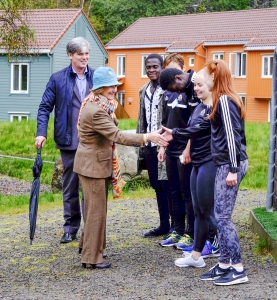 At UWC Red Cross Nordic, we consider ourselves as privileged to work with a deliberately diverse community. We – alongside our partner, the Rehabilitation Centre – take great pride in inclusion and encourage all on campus to value those around us and to celebrate and support all our differences and recognise the resourcefulness in all.
At UWC Red Cross Nordic, we consider ourselves as privileged to work with a deliberately diverse community. We – alongside our partner, the Rehabilitation Centre – take great pride in inclusion and encourage all on campus to value those around us and to celebrate and support all our differences and recognise the resourcefulness in all.
With the encouragement of Her Majesty and her team at the Palace, we continue to seek to develop into a ‘lighthouse’ for inclusion in Norway – a fitting image for a college on the west coast.
We continue to feel that, here at RCN, we have something to contribute to both the debate and the development of education in this country given our DNA of over 200 students representing 95 countries alongside 30% selected from the Nordic region.
Towards this, we decided to place ‘inclusion’ as the central theme of the programme for this royal visit.
As part of this initiative, it has been extremely encouraging and rewarding to connect and work alongside the Sogn og Fjordane Education Committee (and our local vidaregåande schools) in the design of this programme for UWC Day. We have been breaking new ground together under the banner of inclusion and equality.
Increasingly, I realise that our role as teachers is to help to build communities on our campuses with the associated challenges and sensitivities – and to encourage our students both to take a more inclusive approach in the world beyond and to contribute actively to building communities.
The programme for UWC Day was designed to introduce participants through presentations, workshops, and key-note addresses to different practical ways of both practising inclusion in education in its many forms and supporting diverse communities – expressed in terms of geopolitical, cultural, gender, body and socio-economic diversity.
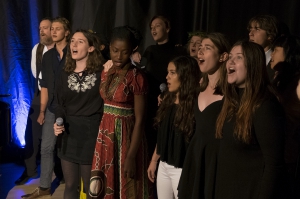 On Thursday evening, we held an International Matbord / Feast in the Høegh which gave our guests the opportunity to explore delicacies from across the world – and to meet those who had prepared them.
On Thursday evening, we held an International Matbord / Feast in the Høegh which gave our guests the opportunity to explore delicacies from across the world – and to meet those who had prepared them.
The RCN students also designed an evening of entertainment for HM Queen Sonja alongside all our other guests which we hope re-introduced them to the diversity and the magic of our world.
At the end of the cultural show, HM Queen Sonja was presented with a print of the College and a belated hand-crafted birthday card (signed by all our students) by Vicky, a second year from Greece. To close UWC Day 2017, HM Queen Sonja then gave this final message to all gathered in the auditorium:
‘..A hope for the future….
Because every time I come here, I get new stimulation and know that you will go back to where you come from and that you be will very, very good servants of your countries.
And also just think now that you will remember these two years – and I hope indeed you will.This year you have one word which has been quite important to me as well as I have a school prize that carries my name. And the two most important things for getting this award are actually, as you have here, inclusion and equality – and, of course, education.
Education is the most important thing we can give you young people.’
We remain deeply appreciative of HM Queen Sonja’s work as our patron – raising public awareness of Red Cross Nordic – and we are extremely grateful for the supportive engagement, warmth and generosity of spirit that Her Majesty continues to bring into our world.
Richard D A Lamont
Rektor
UWC Red Cross Nordic
For an album of photographs from the visit, click here.
For profiles and news of other students and alumni, click here.

